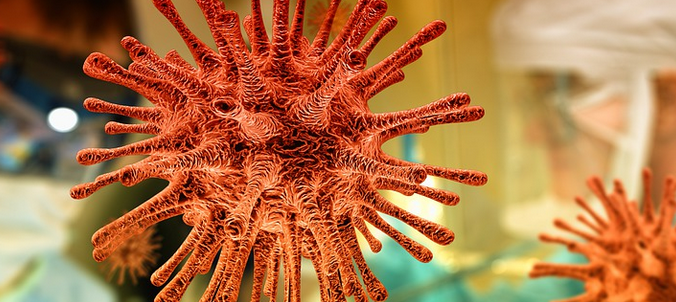What is a Chemical Pregnancy?
For those who are trying to conceive, the term “chemical pregnancy” might sound unfamiliar. A chemical pregnancy occurs when a fertilized egg implants in the uterus but doesn’t develop properly. This leads to a very early pregnancy loss, usually before a woman even knows she is pregnant.
The Symptoms of a Chemical Pregnancy
Chemical pregnancies are often difficult to detect, as they happen very early on in the pregnancy. However, there are some symptoms that might indicate a chemical pregnancy has occurred. These symptoms include:
- Light bleeding, similar to a menstrual period
- Cramping
- Sudden drop in pregnancy symptoms, such as nausea or breast tenderness
- A positive pregnancy test followed by a negative test
Why Do Chemical Pregnancies Occur?
There are many reasons why a chemical pregnancy might occur. The most common reason is chromosomal abnormalities in the fertilized egg. Other reasons might include hormonal imbalances, issues with the implantation process, or underlying health conditions.
How is a Chemical Pregnancy Diagnosed?
A chemical pregnancy is often diagnosed through a blood test, which measures the levels of human chorionic gonadotropin (hCG) in the body. If hCG levels rise and then suddenly drop, it might indicate a chemical pregnancy has occurred.
Dealing with the Emotional Impact of a Chemical Pregnancy
Experiencing a chemical pregnancy can be emotionally devastating, especially for couples who have been trying to conceive for a long time. It’s important to remember that a chemical pregnancy is not a reflection on your ability to have a healthy pregnancy in the future. Give yourself time to grieve and seek support from loved ones or a mental health professional if needed.
Can You Prevent a Chemical Pregnancy?
Unfortunately, there is no guaranteed way to prevent a chemical pregnancy. However, there are some steps you can take to increase your chances of a healthy pregnancy. These include maintaining a healthy diet and exercise routine, avoiding alcohol and smoking, and managing any underlying health conditions.
When Should You Seek Medical Attention?
If you suspect you might have had a chemical pregnancy, it’s important to talk to your healthcare provider. They can provide guidance on next steps and help ensure that there are no underlying health issues that might be causing pregnancy loss.
Conclusion
Experiencing a chemical pregnancy can be difficult, but it’s important to remember that you are not alone. Seek support from loved ones or a mental health professional and remember that a healthy pregnancy is still possible in the future.

